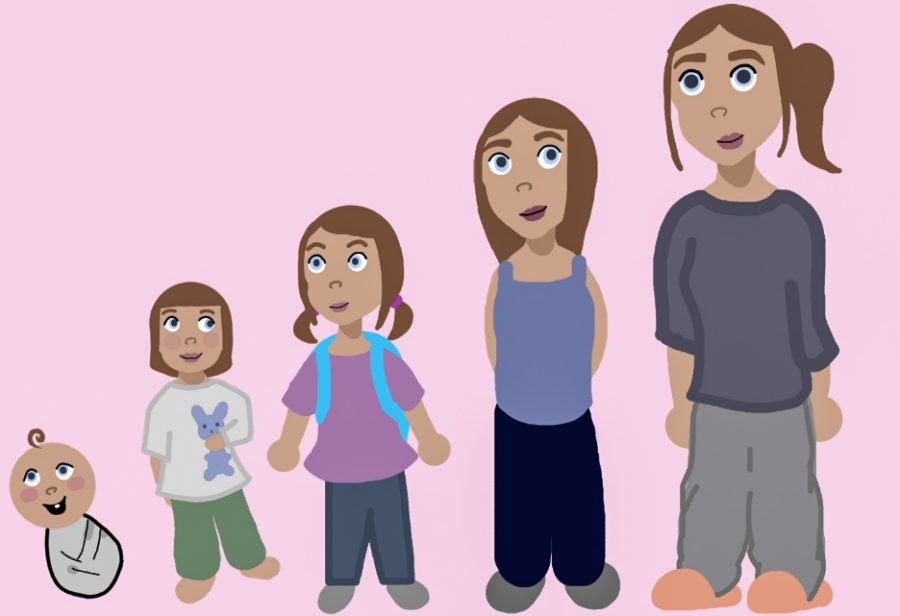Researchers to conduct four-year study on children’s executive functions
Children will be followed for span of four years; they will perform tasks to demonstrate behavior
In the study, professors will follow 150 children for four years.
October 26, 2020
WSU professors will investigate the role parent-child interaction plays in brain development by following 150 children from infancy to early childhood for four years.
“Our main hypothesis is centered on the interaction between parents and their children — how this will influence [the children’s] brain development and in turn influence their executive function,” said Sammy Perone, WSU assistant professor of human development.
Executive functions intentionally control one’s behavior, he said. In this study, this means having children regulate their own excitement or nerves.
The same children will be followed over a period of time, Perone said, which will allow researchers to see the changes within the children over time.
“You rarely get this opportunity to do longitudinal studies,” he said. “I feel very fortunate to be able to do this work.”
Researchers will spend the first one to two years recruiting babies for the study and bringing them into the lab for observation and brain imaging, he said.
“The only inclusion-exclusion criteria that we are worried about is that the infants have to be what we consider healthy,” he said. “For example, infants who have a diagnosed condition like Down syndrome or who were born significantly preterm would not be eligible to participate.”
For this study, researchers expect parents who are more sensitive and responsive to have children who are more able to control their behaviors, he said.
No behaviors monitored in the study are inherently risky, said Maria Gartstein, WSU professor of psychology and clinical psychologist. Researchers will be measuring temperament differences.
Infancy is a time when foundational traits begin to develop, including some that can indicate psychological problems, but those are not typically diagnosed, she said.
Some behavioral traits can pose a risk to typical executive function. Behavioral traits are predispositions affected by biological and environmental factors, she said. These behaviors include anger, fear and joy.
Infants who display fearful or avoidant behaviors, but do not outgrow them in childhood, are expected to have less advanced executive function, Gartstein said. This also applies to children who are too joyful after receiving an award or aggressively go after rewards.
If these behaviors are caught early, parents can be taught how to interact with their children to improve behavior, she said.
The children have to complete tasks to demonstrate how their behaviors affect their executive function, Gartstein said.
One of the first tasks will involve a mother taking away a toy from her infant, who will be around 6-12 months old, Gartstein said. The researchers will observe the child’s facial expressions and what they are doing to self-soothe.
When the infants reach early childhood, they will be brought back to the lab to participate in the Children’s Gambling Task, which is based on the Iowa State Gambling Task, Perone said.
For this task, the children will choose a deck of cards, then they will lose or gain M&Ms based on which one they choose, he said. Ideally, the children would make a different decision if they repeatedly lost M&Ms.
It is unclear how a child takes risks, Perone said. But the children should purposefully choose to correct their behavior so they do not continue to lose M&Ms.
Symposiums are planned during the duration of the study. The format is still open, but the idea is for community partners, faculty and students to speak and share, Perone said.
More information can be found on the lab website, Developing Minds.


















